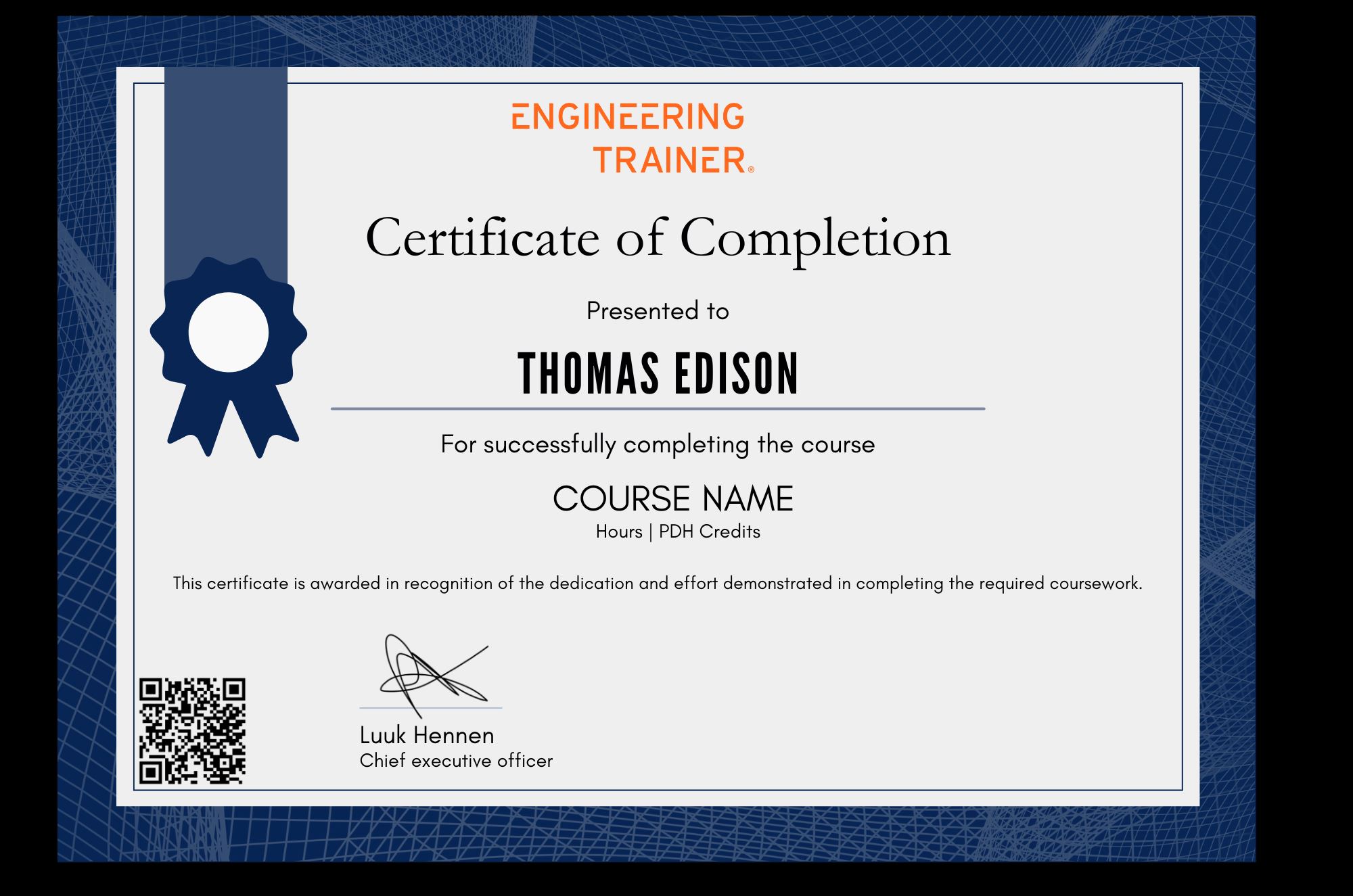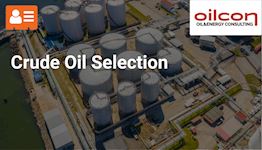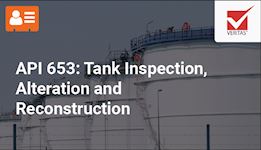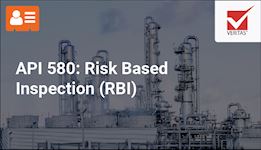Comprehensive Overview of Refining Processing and Blending
Why take this course?
Gain expertise in fuel technology, global quality standards, and monitoring for competitive refining. This self-paced course covers white/black product blending, crude impact, additives, economics, and troubleshooting. Includes video lectures, quizzes, and a certificate with PDH credits, preparing you for today's stringent fuel specifications.
What you'll learn
After this course, you...
• have a clear overview of the processing background, and how white and black products are produced and blended,
• understand the fundamentals of engine operation and emissions, and the importance of fuels in maintaining a good operation,
• are familiar with specifications and their importance and limitations, and how they can be used in ensuring that the product is fit for the purpose,
• know how additives are selected and used to meet the specification for different products and different markets,
• are familiar with how laboratory results are obtained, and how they should be interpreted.
About the course
Growing global competitiveness in the refining products market requires an in-depth knowledge of fuel technology processes, global quality standards, and quality monitoring procedures. As a global market turns to clean fuels and more stringent specifications, the environment in which refiners operate is more and more challenging.
The course presents a comprehensive overview of white and black product blending processes, covering refining processing and technology aspects, crude quality impact, specifications, quality giveaway, additives selection, blending economics, testing, and troubleshooting. Additionally, the course gives a perspective on how the blending process fits into the operation of an integrated oil company. Case studies are used to illustrate the relative importance of each aspect of the blending process.
The course consists of 15 modules split across 15 training hours. All modules will be live sessions with the instructor. This training course is available as a company in-house training only; there is a choice between an online training or an onsite training. All training materials will be available through your EngineeringTrainer account.
Who should attend this course
Personnel from the oil, fuel, biofuel, additive and auto industries:• Refinery technical personnel
• Planning and scheduling specialists
• Trading and blending personnel
• Laboratory supervisors and technical personnel
• Sales, marketing, and product trading personnel
• Market and research analysts
• Regulatory and Policymakers personnel
Young engineers are welcome to participate.
Prerequisites
This course is suitable for a range of personal and there are no specific prerequisites. Some affinity with refining is beneficial.Program & Details
-
Introduction
Live
1. Introduction to refinery blending
2. Energy sources
3. Energy outlook and demand
4. Classification of fuels
5. Basic fuel chemistry
6. Key elements of engine design and how fuels affect its performance and emissions -
Fuel Specifications
Live
1. Introduction to fuel specifications
2. Types of fuel specifications
3. Primary and secondary importance properties
4. Specification differences (EU, USA, Middle East, Asia…) -
Blending Operations 1
Live
1. Value of blending
2. Blending principles
3. Types of blending and their specifics (in-line and batch blending)
4. Blanding issues (stability of blends, quality giveaway, specification margins) -
Blending Operations 2
Live
1. Blending calculations and fuel properties (linear and non-linear properties)
2. Blending calculation methods (LP model and blending index)
3. Blending economics -
Fuel Additives 1
Live
1. The role of fuel additives in the blending of fuels
2. Classification of fuel additives
3. Chemistry of white products additives – octane and cetane improvers, deposit control additives, corrosion inhibitors, detergents, lubricity additives, antioxidants, dispersants, flow improvers, biocides, multifunctional additives -
Fuel Additives 2
Live
1. Selection process and compatibility of fuel additives
2. Principles of additive treatment
3. Fuel additives and the importance of fuel characterisation
4. Multifunctional additives and fuel branding -
Diesel Fuel 1
Live
1. Introduction to diesel fuel blending
2. Diesel fuel specifications – general and specific
3. Blending components – production and characteristics
4. Influence of processed crude oil type -
Diesel Fuel 2
Live
1. Diesel engine
2. Diesel fuel properties
3. Stability of diesel fuel
4. Diesel fuel composition and performance -
Diesel Fuel 3
Live
1. Bio-component blending
2. Challenges of bio-component blending
3. Diesel fuel additives and selection process
4. Additives and cold flow properties of diesel fuel – winter operability (case study) -
Motor Gasoline 1
Live
1. Introduction to motor gasoline blending
2. Motor gasoline specifications - general and specific
3. Specifications – key quality elements (volatility, octane number, aromatics, oxygen content)
4. Motor gasoline blending components – production and characteristics -
Motor Gasoline 2
Live
1. Motor gasoline properties
2. Blending principles
3. Concept of linear and non-linear blending
4. Motor gasoline blending issues (stability of blends, quality giveaway, specification margins) -
Motor Gasoline 3
Live
1. Oxygenates
2. Bio-component blending
3. Motor gasoline additives and additives’ selection process
4. Blending management – introduction -
Motor Gasoline 4
Live
1. Bonus calculation
2. Principles of bonus calculation
3. Building of motor gasoline recipes
4. Interpretation of results -
Marine Fuels and Heavy Fuel Oils
Live
1. Marine fuels – classification
2. Specifications and their development
3. IMO regulation and its impact on blending
4. Production and blending
5. Additives – role and selection
6. Heavy fuel oils – classification
7. Specifications
8. Blending and stability -
Blending, Storage and Stability of fuels
Live
1. Introduction to good housekeeping practice
2. Storage, distribution, and handling of finished products
3. Impact of bio-components on product quality and its storage and handling
4. Stability of finished products
Certification


Why choose EngineeringTrainer
-
Unlimited Team-wide Access
-
Advance Technical Competences
-
Courses by Industry Authorities
Since using EngineeringTrainer our internal mentorship has a much more matured character.
Logan Chapman - COO at Chapman Consulting Inc.







